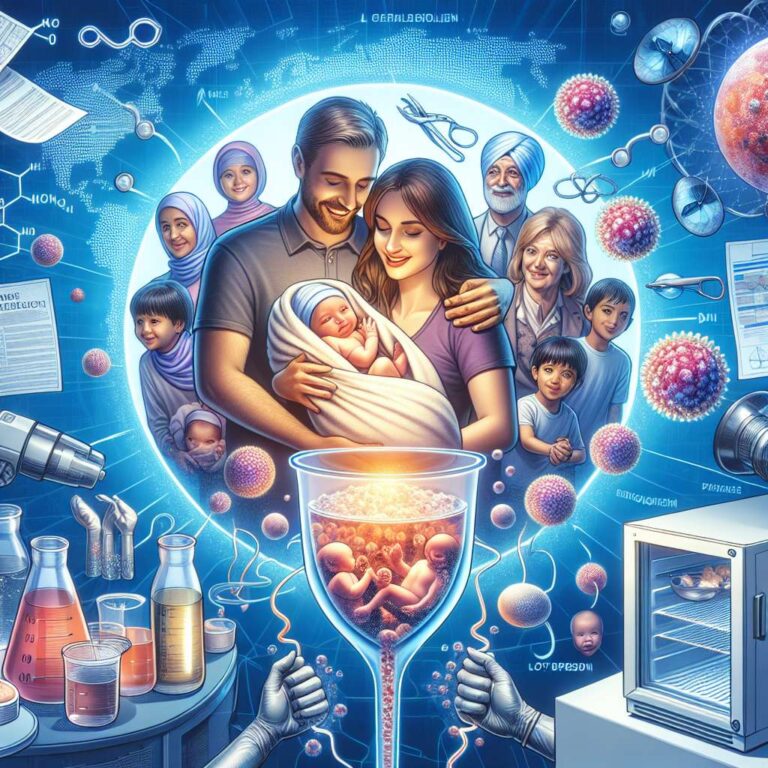Thaddeus Daniel Pierce´s birth shatters records, as he emerged from an embryo that had been frozen for more than three decades—an unprecedented feat made possible by evolving fertility technology. His parents, Lindsey and Tim Pierce, were themselves children when the embryo was created in 1994, highlighting how time and reproductive advances can transcend traditional generational boundaries. Embryo donor Linda Archerd described the event as ´surreal,´ underscoring the emotional weight carried by such medical milestones.
This story is just one example of how reproductive technologies, such as in vitro fertilization (IVF) and embryo freezing, are forging new paths for families worldwide. Recent breakthroughs include the birth of babies via three-person IVF, a method that may reduce mitochondrial disease risks. Despite these achievements, there is growing debate about the ethical and social considerations inherent to storing vast numbers of unused frozen embryos—a dilemma many clinics and families currently face. Efforts are also being made to make fertility treatment more accessible, such as with mobile IVF labs reaching rural parts of South Africa, and novel startups working to engineer compact fertility machines. However, experts argue that broader policy reforms regarding family welfare and gender equality might have a more significant impact on reversing falling birth rates than technological solutions alone.
Beyond reproductive tech, the global landscape is shifting with fresh economic and technology news. Former president Donald Trump has announced sweeping new tariffs, affecting most countries, with substantial variation in rates and implications for global trade. Meanwhile, technology firms like Palantir and leading Artificial Intelligence-driven companies are striking lucrative government deals, while business leaders still grapple with how to profit from the rapid proliferation of generative Artificial Intelligence tools such as ChatGPT. This economic transformation is sparking concerns about widening inequality and the unpredictable effects on workers. Concurrently, challenges and innovations abound elsewhere: protection of vaccine access in the US, ethical policing of explicit images online in China, the rise of airship-based internet alternatives, doubts about trust in Artificial Intelligence coding assistants, and promising anti-aging results from weight-loss drugs. Amidst these currents, the pace of scientific and technological advance continues, posing both new opportunities and profound societal questions.

